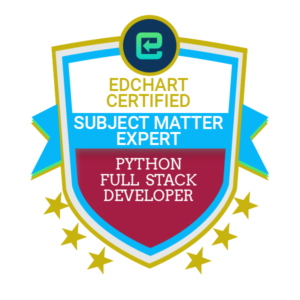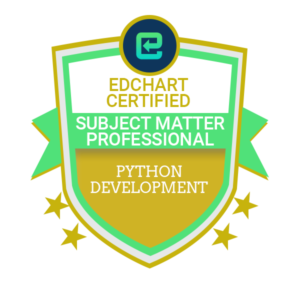Basic Coding Questions in Python

Introduction to Python Programming
Python has emerged as one of the most popular programming languages globally, renowned for its simplicity, versatility, and readability. Whether you’re just starting your programming journey or seeking to deepen your knowledge, understanding basic coding questions in Python is fundamental. This article delves into essential Python concepts often queried in interviews and assessments, aiming to provide comprehensive insights into mastering foundational programming skills.
Foundational Concepts in Python
Variables and Data Types
At the core of Python programming are variables and data types. Variables serve as containers for storing data, such as numbers, text, or true/false values. Understanding how to declare variables and manipulate different data types is crucial for any Python developer:
- Variables: These are used to store information that your Python program can manipulate. They come in different types: integers (whole numbers), floats (numbers with decimal points), strings (sequences of characters), and booleans (True or False).
Control Structures: Conditional Statements and Loops
Python uses control structures like conditional statements and loops to control the flow of a program. Conditional statements allow the execution of different blocks of code based on specified conditions, while loops enable repetitive execution until a certain condition is met:
- Conditional Statements: These are used to make decisions in Python programming. They evaluate whether a statement is true or false, and then execute specific blocks of code accordingly.
- Loops: Loops are used to repeat a block of code multiple times until a certain condition is met. Python supports two main types of loops: for loops and while loops.
Functions and Modularization
Functions play a pivotal role in Python programming by allowing code reuse and modularity. A function is a block of code that performs a specific task when called. Python also supports modular programming through the use of modules, which are reusable files containing Python code:
- Functions: These are blocks of code that carry out a specific task. They can take input arguments and return output values, making them essential for organizing and reusing code.
- Modularization: This is the process of breaking a program into separate modules or files, each focusing on a specific aspect of the program’s functionality. It promotes code reusability, readability, and maintenance.
Commonly Posed Coding Challenges
Understanding and Application
In programming interviews and assessments, candidates are often tested on their ability to solve coding challenges. These challenges assess not only knowledge but also problem-solving skills and logical thinking:
- Common Challenges: Typical challenges include finding the largest element in a list, generating Fibonacci sequences, reversing strings, and more. These tasks require applying fundamental Python concepts in practical scenarios.
Example Challenges
- Identifying the Largest Element in a List: This challenge requires writing a function to determine the largest number in a given list of integers.
- Calculating Fibonacci Sequences: Candidates are tasked with generating Fibonacci sequences up to a specified number without directly providing code examples.
- Reversing a String: This challenge involves writing a function to reverse the characters of a given string.
Conclusion
Mastering basic coding questions in Python is not just about memorizing syntax; it’s about understanding fundamental concepts and applying them effectively. Whether you’re preparing for an interview or simply aiming to strengthen your programming skills, a solid grasp of variables, control structures, functions, and problem-solving techniques is essential. By practicing these concepts through coding challenges and real-world applications, you can build confidence and proficiency in Python programming.


 English
English 

